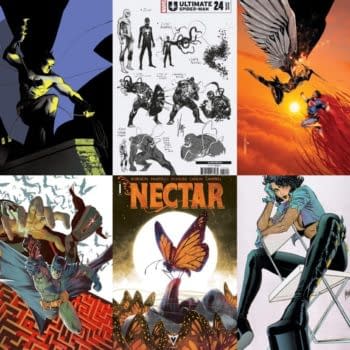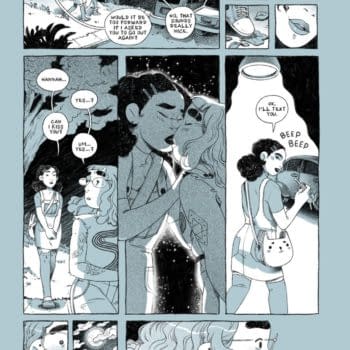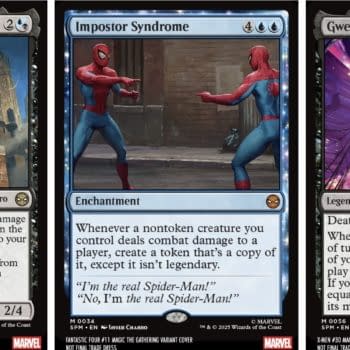Posted in: Comics | Tagged: Boston's Women Health Collective, Liza Bley, Not Your Mother's Meatloaf, Our Body Ourselves, Saiya Miller, Sex Education
Not Your Mother's Meatloaf – Using Comics For Sex Education
Part of my job here is to go out and look at how comics are being used to educate. Most recently I've done a couple pieces on Congressman John Lewis and his new graphic novel talking about the civil rights movement and the March on Washington. I've always believed that comics are a great tool for educating readers as long as you don't bang them over the head with the information. So many people my age got turned on to science, mythology, criminology and many other topics through the comics we read as a kid. So I'm always happy to showcase someone using comics in an educational way… which leads me to Not Your Mother's Meatloaf.

They are allowing the artists to tell their own stories and in doing so, relate to the readers in a way that no static lecture or textbook will ever be able to. There are many easy things to explain with sex like the use of birth control or the reason certain things happen. But often times sex is far more than a physical act and being able to sit down and read someone else's story may just connect with the reader and make them feel like they're not alone.
The folks over at Not Your Mother's Meatloaf can do a far better job of explaining their intentions and goals in doing their series, but this one quote in their 'about us' section is what sold me on the idea: "There are also so many "teachable moments" that each of us experience in our lifetime. This is what makes the experience-based model so effective, because it is not always easy to provide a single textbook answer to questions surrounding sex and sexuality."
















